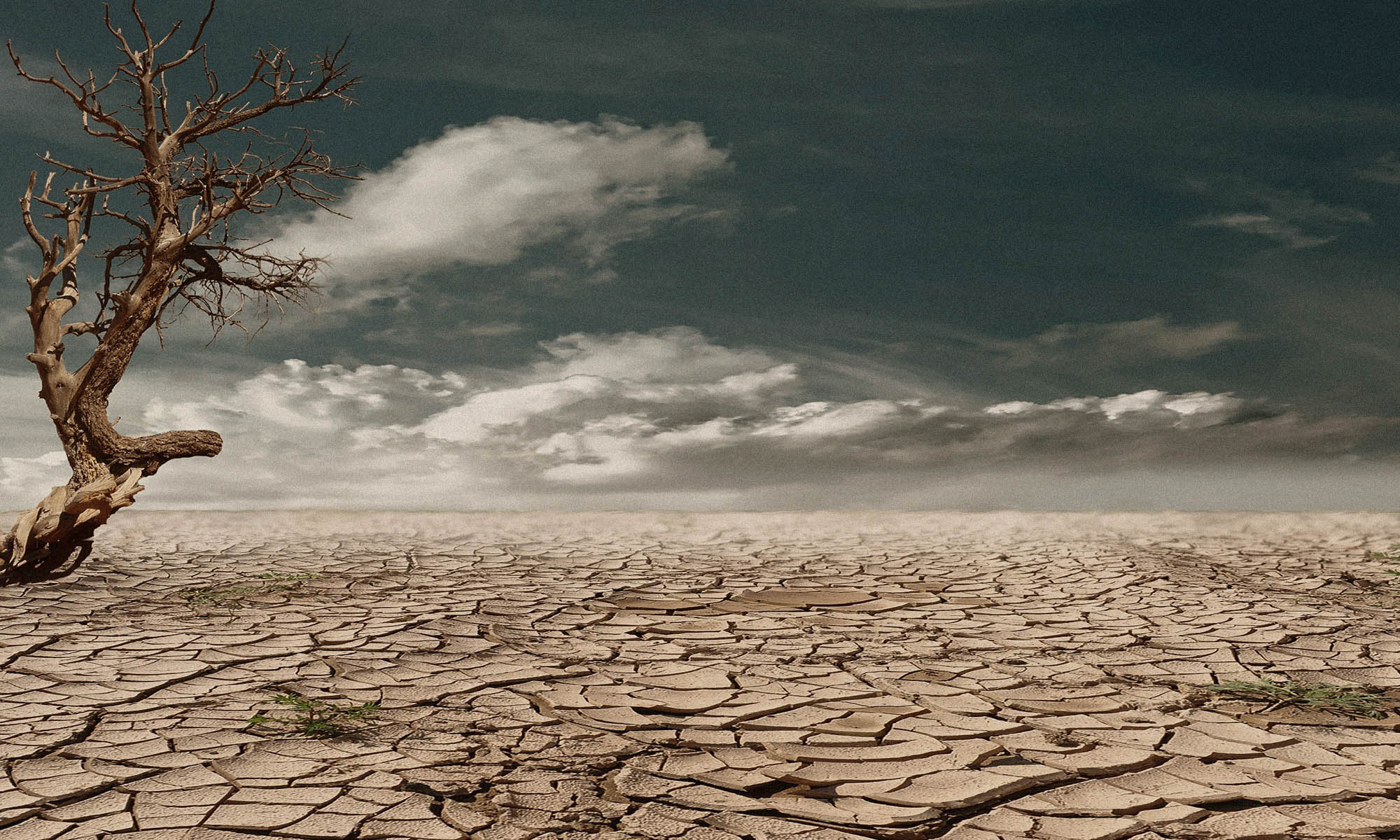TRECCAfrica scholarships for Master’s programmes announced
The TRECCAfrica University Consortium has published a call for applications for prospective African Master’s students on its website at www.treccafrica.com. TRECCAfrica is Transdisciplinary Training for Resource Efficiency and Climate Change Adaptation in Africa; understandably shortened.
Up to 32 full-degree two-year Master’s scholarships will be awarded to applicants to enrol in a number of highly sought-after master’s programmes related to sustainability and environment. The scholarships cover travel, tuition and a living allowance of €600 (about KSh66,000) per month for 24 months.
Applications close on 30 April 2012 for studies commencing from September 2012. A second call for studies commencing in 2013 will be launched towards the end of 2012.
The consortium consists of the universities of Dar es Salaam (Tanzania), Ghana, Mekelle (Ethiopia), Nairobi (Kenya), Nigeria-Nsukka and Stellenbosch (South Africa). Their programme is called Transdisciplinary Training for Resource Efficiency and Climate Change Adaptation in Africa – or TRECCAfrica, for short.
The list of Master’s programmes presented by each of these institutions range across subjects such as sustainable development, environmental management, renewable energy, food science and technology, natural resource assessment, climate and society, biotechnology, agro-ecology, soil physics, microbiology and veterinary medicine.
The scholarships are for study outside the student’s home country. Interested students can visit the TRECCAfrica website to see who can apply and what Master’s programmes are on offer.
The scholarships are made possible with the support of the European Commission in partnership with the African Union Commission through the Intra-ACP Academic Mobility Scheme (Mwalimu Nyerere Scholarship).
According to the coordinator, Dr Christoff Pauw, TRECCAfrica students at the six universities will be offered unique opportunities to engage with one another via satellite and internet platforms. They will be able to share their learning and research experiences.
Some students will also gain the opportunity to spend an internship at the African Technology Policy Studies network’s offices in Nairobi. Here they can learn to apply their research to policy interventions that will address Africa’s resource opportunities and its climate challenges.
For more information email the coordinator at treccafrica@sun.ac.za or call +27 21 808 3727 or visit www.treccafrica.com
(Transdisciplinary Training for Resource Efficiency and Climate Change Adaptation in Africa)


 The programme is practically oriented, user-focused and of the highest academic quality. It offers opportunities to gain practical experience through internships or field research with a UN agency or other international organization. The programme builds on the strong record of the United Nations University (UNU) in training and capacity development, and utilizes the extensive network of scholars and academic institutions participating in UNU research.
The programme is practically oriented, user-focused and of the highest academic quality. It offers opportunities to gain practical experience through internships or field research with a UN agency or other international organization. The programme builds on the strong record of the United Nations University (UNU) in training and capacity development, and utilizes the extensive network of scholars and academic institutions participating in UNU research. Solar power can be distributed to poor households by 2020
Solar power can be distributed to poor households by 2020